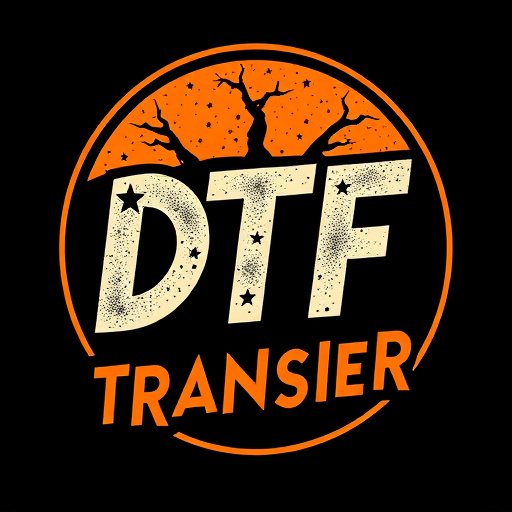Obtaining CARB certification for CARB-compliant air intakes in California is a rigorous process that involves strict emission control and quality guidelines. Manufacturers must submit detailed documentation, undergo testing, and have their applications reviewed by CARB officials. Technical glitches, like API Gateway Timeout errors, can delay verification and impact certification timelines, emphasizing the need for efficient systems to ensure smooth data transmission and swift market entry while adhering to California's stringent automotive emissions standards.
“Unraveling the path to ecological automotive excellence, this article guides you through the meticulous CARB certification process for CARB-compliant air intakes in California. The California Air Resources Board (CARB) sets stringent standards to reduce emissions and promote sustainable practices. We’ll break down the crucial steps, from initial design considerations to rigorous testing, ensuring compliance with CARB regulations. By understanding this process, manufacturers can navigate the requirements effectively, contributing to a greener future for the Golden State’s automotive landscape.”

The process of obtaining CARB certification for car components, particularly CARB-compliant air intakes in California, involves a series of rigorous steps designed to ensure environmental safety and performance standards. The Clean Air Regulatory Division (CARB) sets strict guidelines that manufacturers must adhere to, focusing on emissions control and the quality of automotive parts. For air intakes, this includes thorough testing for particulate matter and other pollutants to guarantee they do not contribute to air pollution.
Manufacturers must prepare detailed technical documentation outlining the design, production processes, and test results of their air intake systems. This documentation serves as proof that the product meets all CARB requirements. Once submitted, applications are carefully reviewed by CARB officials, who verify compliance before granting certification. This stringent process ensures that only high-quality, eco-friendly components bear the label of CARB-compliance, catering to California’s stringent environmental regulations.
API responded with status code 524.

When navigating the CARB certification process for CARB-compliant air intakes in California, understanding technical glitches is paramount. A common challenge involves API responses with status code 524—a Gateway Timeout error. This occurs when a server fails to respond to requests within a specified time frame, often due to high traffic or system overload. In the context of CARB certification, this could delay the verification process as authorities rely on accurate data submissions.
For manufacturers aiming to ensure their products meet California’s stringent standards for automotive emissions, addressing these technical hurdles is crucial. Prompt action to resolve API issues and optimize data transmission can significantly impact the timeline for receiving certifications. By implementing efficient systems and staying vigilant against such technical challenges, companies can streamline the process of bringing CARB-compliant air intakes to market.
The CARB certification process ensures that vehicle components, particularly air intakes in California, meet stringent environmental standards. By adhering to this process, manufacturers can ensure their products are CARB-compliant and contribute to a cleaner, more sustainable future for the state’s automotive industry.














